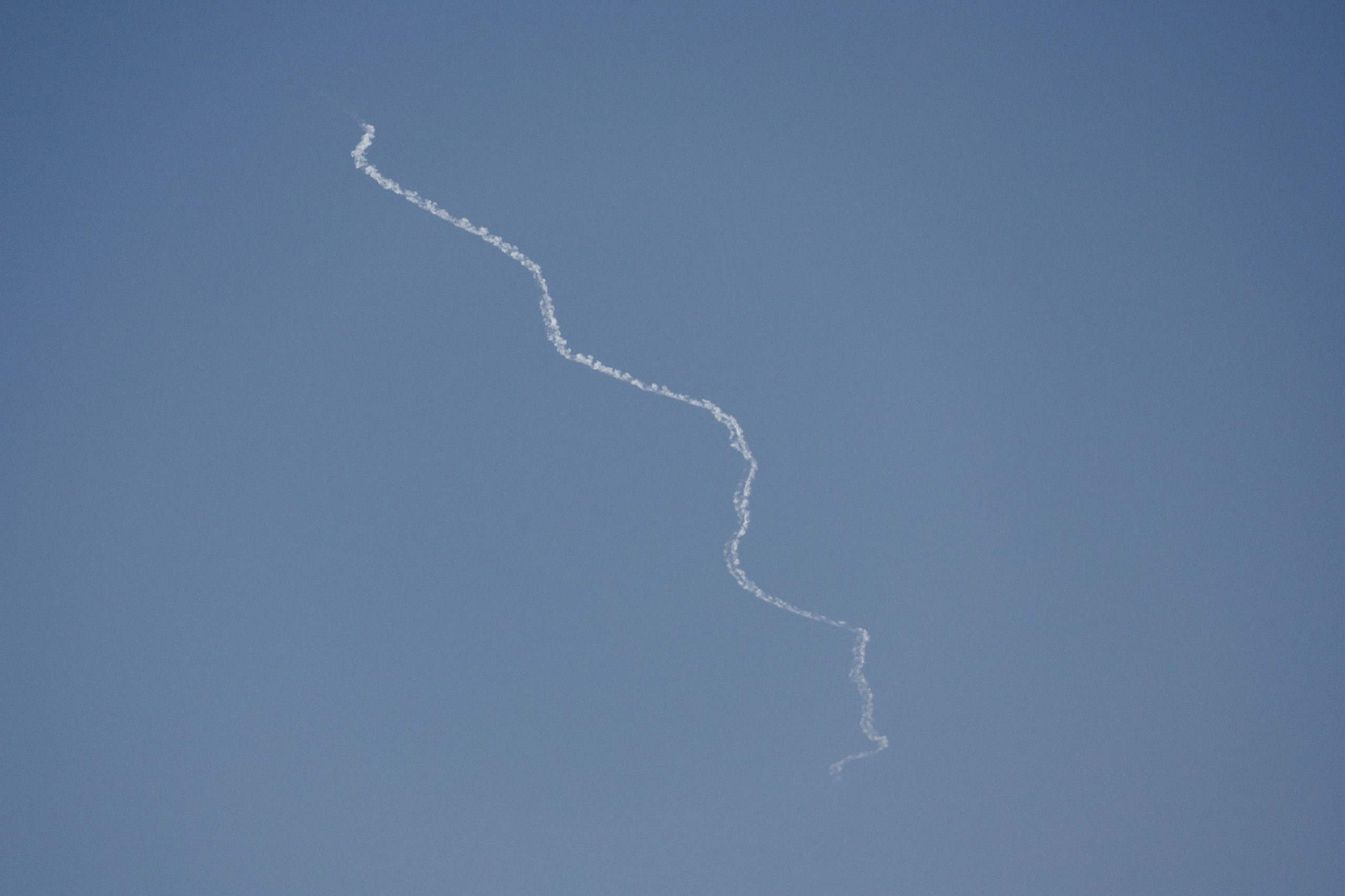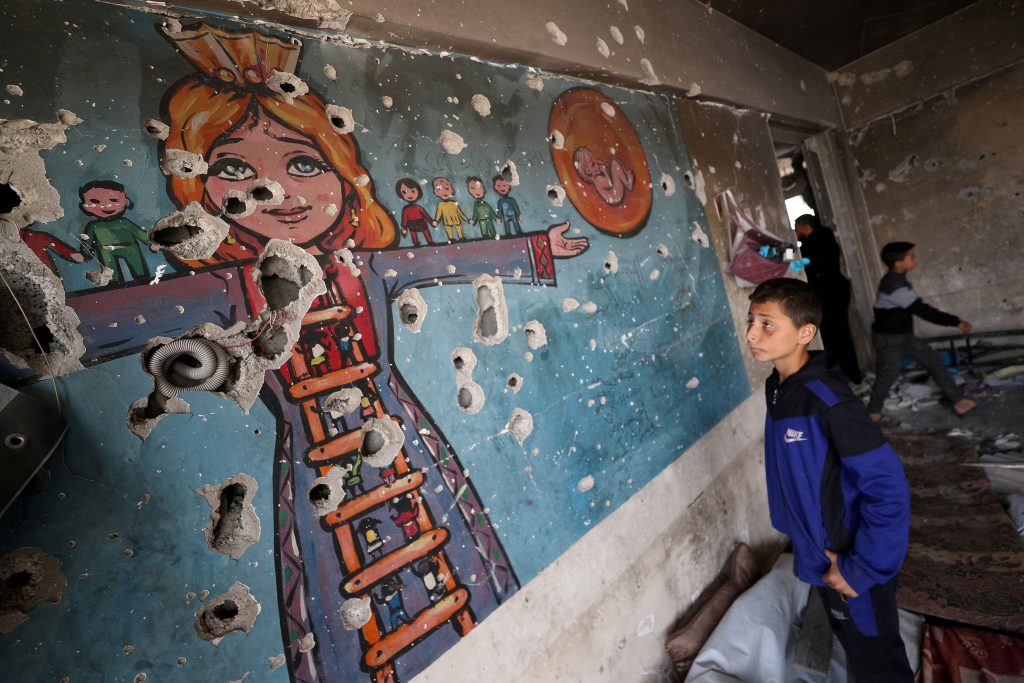Israel intercepted a missile fired by Hezbollah from Lebanon at the commercial capital of Tel Aviv early Wednesday morning, as the fighting between the parties continued to escalate.
Alerts sent residents scrambling into shelters as the missile approached. Israel’s military said air defenses intercepted the missile.
Hezbollah’s attempted strike on Tel Aviv came after days of Israeli strikes in Lebanon, which Israel says targeted Hezbollah. Those attacks killed and injured hundreds of Lebanese and displaced thousands.
Hezbollah said Wednesday it launched a ballistic missile targeting the command headquarters of Mossad, Israel’s spy agency, in the Tel Aviv area. The Lebanese group said the Israeli agency is responsible for the assassination of several of its leaders, as well as the pager attacks on its members.
The Israeli military said Wednesday morning that it struck the launcher, located in Lebanon’s south, which was used to fire toward Tel Aviv.
Israel’s military said Tuesday that an airstrike killed Hezbollah’s top missile commander, Ibrahim Muhammad Qabisi, and two other missile commanders in the southern Beirut suburb of Dahiyeh. The military said Qabisi was head of the group’s missile and rocket force and was close to senior military leaders. Hezbollah, a U.S.-designated terrorist group, confirmed Qabisi’s death. Lebanon’s Ministry of Health said six people were killed and 15 wounded in a strike in the Beirut suburb.
The strike was another blow to Hezbollah, already reeling from the loss on Friday of its top military commander and elite Radwan commanders and the pager attacks that wounded many among its rank-and-file.
Israel’s military on Tuesday conducted dozens more airstrikes against Hezbollah military infrastructure and buildings it said housed weapons, while warning Lebanese residents to avoid buildings connected to the militant group. Israeli military spokesman Daniel Hagari said Hezbollah fired 300 projectiles into Israel, injuring six people.
Roads were blocked as people fled southern Lebanon on Tuesday, pictures and videos online showed, after the Israeli military broadcast evacuation orders on Monday that it said were designed to move civilians out of harm’s way. Many people were stuck overnight on the roads to Beirut, with some even returning home because of the traffic jams. The Lebanese minister of health said Monday that thousands had been displaced from the targeted areas. Airlines canceled flights to and from Beirut’s international airport.
Israel has sharply raised the intensity of its military operations against Hezbollah over the past week in hopes of persuading the militia to stop firing on Israel’s north, which would allow tens of thousands of displaced residents to return to their homes. The U.S. and Arab governments are concerned the surge in fighting risks spiraling into an all-out war after nearly a year of lower-intensity fighting, sparked when Hezbollah began firing rockets across the border shortly after the Hamas-led Oct. 7 attacks on southern Israel.
Monday’s strikes in Lebanon were by far the deadliest day of skirmishes in the current hostilities and the worst bout of bloodshed between Israel and Hezbollah since their monthlong conflict in 2006. Since Monday, the strikes have killed more than 550 people, including dozens of women and children, and wounded more than 1,800, according to Lebanese authorities.
Thousands of people have fled the bombing in Lebanon’s south for Beirut and continued to arrive by car after drives that were taking six to 12 hours, up from the usual one or two.
Write to Omar Abdel-Baqui at omar.abdel-baqui@wsj.com



